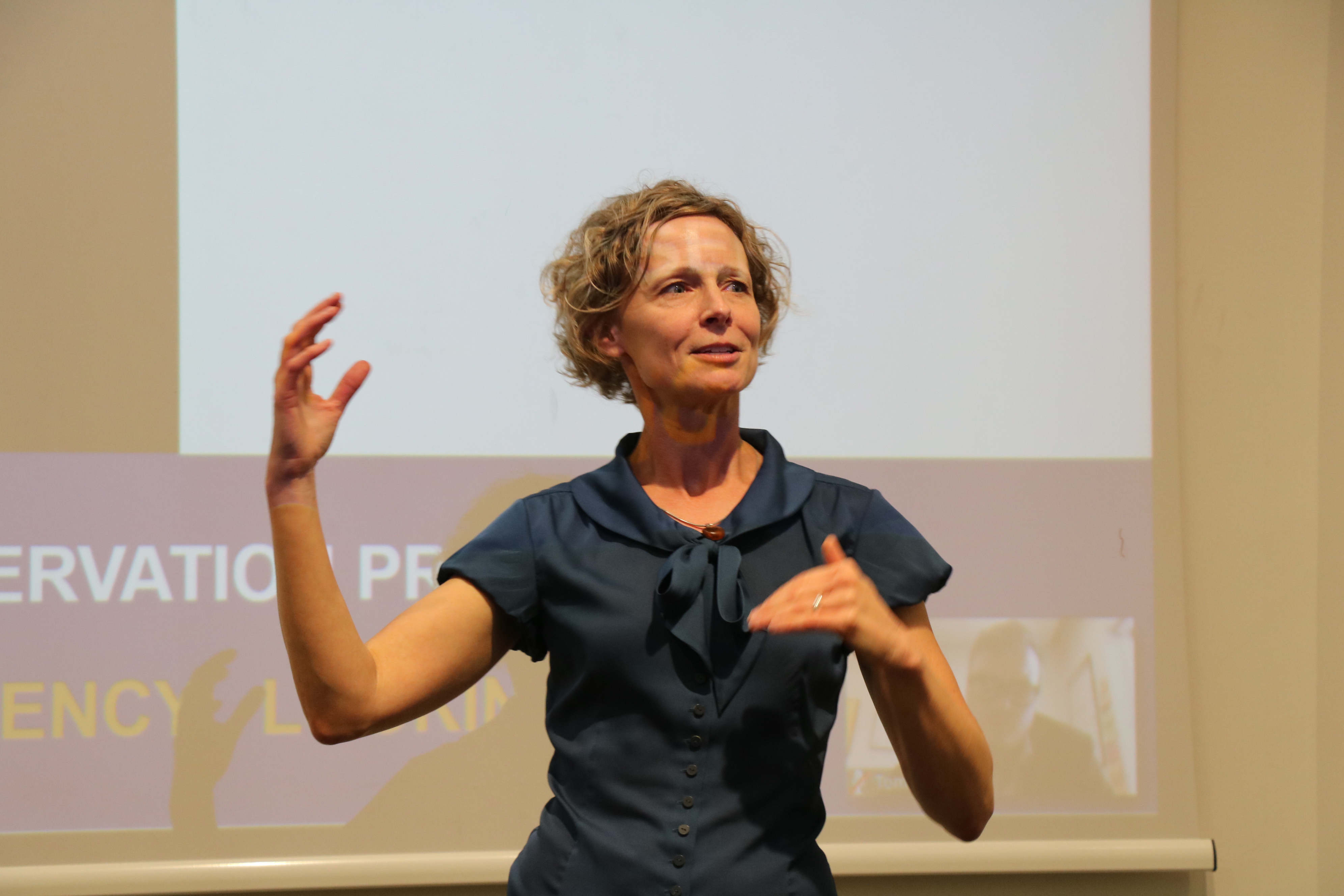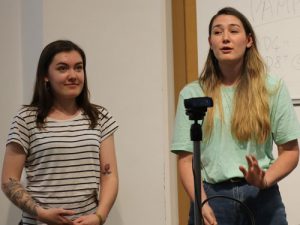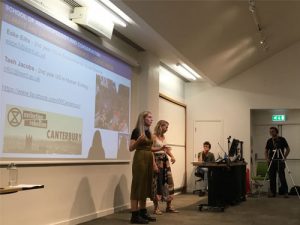On Wednesday 25th September, the School of Anthropology and Conservation held a Climate and Environmental Emergency event, to begin to examine and discuss the way forward to reduce the School’s emissions and broader environmental impact relating to operations, research and teaching.
Humanity and the environment that supports it face a historically unparalleled existential threat from human-induced climate change and environmental degradation following a global reliance on fossil fuels and the entrenchment of unsustainable forms and levels of production and consumption of consumer goods.
The climate and environmental crisis presents both a stark warning and a threat to life and civilisation. Global emissions must decline by 45% by 2030 (from 2010 levels) and reach net-zero by around 2050 to limit the most catastrophic consequences of climate change. To achieve this, there must be rapid and far-reaching transitions in energy, land-use, buildings and infrastructure.
Academic schools have a unique mandate and responsibility to generate the necessary knowledge and human capacities to transition to an ecologically, socially and economically regenerative economy at emergency speed.
The event was hosted by Gwili Gibbon, a PhD student in Biodiversity Management working on participatory conservation in Mount Kenya, and Dr Miguel Alexiades, Senior Lecturer in Ethnobotany and Environmental Anthropology, whose area of research and teaching interest focuses on the Anthropocene and planetary crisis, who also gave an opening presentation. The event also featured a talk by Dr Charlie Gardner, Lecturer in Conservation Biology, on the relationship between science, academia and activism, which he has recently discussed in op-eds written for The Guardian and The Globe Post, and Tom Bell, PhD student in Social Anthropology, who is conducting fieldwork in the US on climate change activism. Undergraduate students spoke about the work that climate change activist groups Extinction Rebellion and Youth Strike 4 Climate are doing locally and nationally, Kent Union described the ongoing work they are doing to address the environmental emergency, and there was a talk from the University’s own sustainability team and their Futureproof programme.

The event pivoted on Professor Tracy Kivell declaring a climate emergency on behalf of the School. This declaration publicly and fully acknowledges the findings and recommendations of the international scientific community, pledging, among other things, to:
- Reduce emissions by at least 45% by 2025, reaching net zero by 2040 or, at the very latest, 2050.
- Establish and mandate a staff-student working group to advise on and develop actions required to meet the above commitments.
- Work across the University to declare a University-wide climate emergency and embed the UN’s Sustainable Development Goals, as set out by the signing of the SDG accord by the University of Kent in 2018.
The initiative to declare a School climate emergency has been led and facilitated by the SAC Sustainability Working Group, a collaborative network of students and staff that emerged in response to the University of Kent’s commitment to incorporate the UN’s 17 Sustainable Development Goals into its operations and the teaching curriculum it delivers.
The process of calculating and reducing direct and indirect emissions provides a case study to demonstrate the principle and develop an approach that can be scaled up across the University.
The event was closed by Vice-Chancellor and President Professor Karen Cox: “I have been truly moved by what I’ve heard this evening. We know what the goal is, but we need to be brave and bold to get there. And we need collective ideas to move this forward.
“The University of Kent can be a thought leader and action leader in this agenda. The School of Anthropology and Conservation has my absolute commitment to do what it needs to do. I am offering an open door.”
The full text of the School’s Declaration of Climate Emergency can be viewed here.


Top image: Members of the School of Anthropology and Conservation Working Group (l-r) – Hannah Parker (Vice President of the Conservation Society), Dr Charlie Gardner, Carolyn Postlethwaite (Founder of Kent Union’s Sustainability Network), Professor Tracy Kivell (Head of School), Gwili Gibbon (PhD student in Conservation Biology), Holly Harris (PhD student in Human Ecology), Anna Jemmett (PhD student in Conservation Biology), Molly Wilson (Student Rep for Human Ecology and Environmental Social Science), Dr Miguel Alexiades (Senior Lecturer in Environmental Anthropology and Ethnobotany) and Katie Hargrave-Smith.

